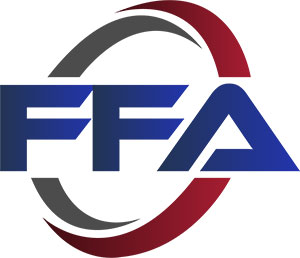In the iconic film “The Battle of Algiers,” the struggle for independence against the French occupation serves as a metaphor for the fight against oppression and injustice. The movie showcases the power of rhetoric and the legal framework in a society under duress. From French employment law notice periods to common civil law, the legal system plays a crucial role in shaping the narrative of resistance.
Amidst the chaos and violence, the use of rhetoric rules becomes a powerful tool for the oppressed. It is through legal communication that the voices of the marginalized are amplified, and their demands for justice are articulated. In a domestic violence case against in-laws scenario, the legal rhetoric becomes a means of seeking redress and challenging the status quo.
Moreover, the establishment of a medico-legal centre becomes essential in providing expert medical and legal services to the victims of oppression. It becomes a beacon of hope and a symbol of resistance in the face of adversity.
Even in matters as mundane as obtaining a simple lease agreement form, the legal framework comes into play. It ensures that the rights and responsibilities of both parties are clearly defined, thus empowering individuals in their dealings with authorities.
Throughout the film, questions of legality and the legal age to drive in Queensland underline the struggle for autonomy and self-determination. The interpretation and application of laws become a battleground in itself, reflecting the broader conflict between freedom and oppression.
Even on the global stage, issues such as whether the Paris Agreement has been ratified are emblematic of the power dynamics and legal wrangling between nations. The quest for environmental justice becomes intertwined with the legal framework, demonstrating the interconnectedness of law and resistance.
Furthermore, the question of whether red light traffic cameras are legal draws attention to the nuances of law enforcement and surveillance, highlighting the ways in which legal systems can be used as tools of control and resistance.
Ultimately, the film serves as a powerful reminder of the complex interplay between law, rhetoric, and resistance. The legal framework becomes a battleground for the assertion of rights and the pursuit of justice, underscoring the crucial role of legal discourse in the fight against oppression.


